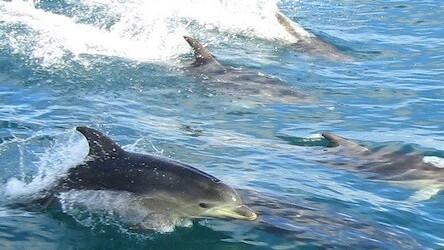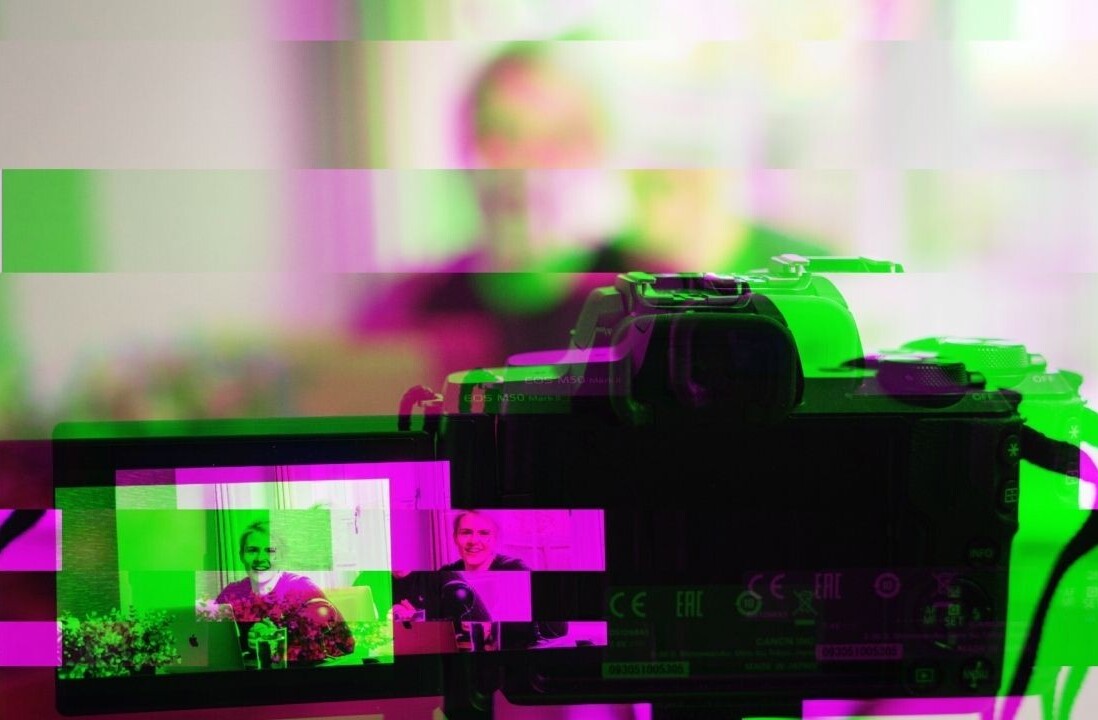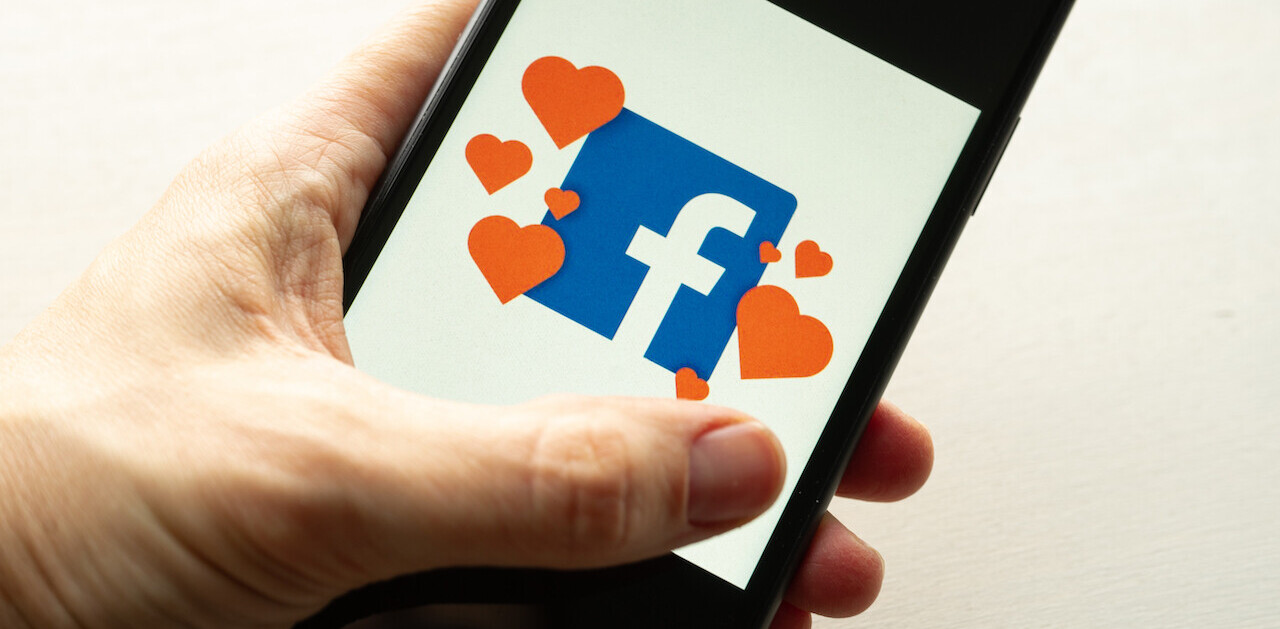
We recently found out that 14% of Facebook users have created a profile for their dogs, but a new study shows that isn’t the only form of social networking you’re going to find among animals. According to the Daily Mail our use of social networks is just another small link to us and the animals. Forget opposable thumbs, we’re all social networkers at heart.
A study conducted at the University of Aberdeen’s School of Biological Sciences shows that most of our social networking habits reflect behaviour that we’ve been seeing in the wild for centuries.
Apparently, our use of Twitter and Facebook makes us a little bit more like monkeys and dolphins, because they, like us, share their information in groups. Dolphins, whales, primates and ungulates, or hoofed animals, all share information with one another in the same way we do when we join groups on Facebook to exchange messages.
Not only do animals share information in groups, or even smaller cliques, but the study shows that the six degrees of separation rule can also be applied to animals. Dr. David Lusseau, who led the research, says, “Our studies into animal populations showed the ‘small world effect’ is prevalent in the animal kingdom.”
He adds that animals have their own social networks, minus the computers, which are used to gather information.
He explains:
“This information differs between species and populations – so it could be where food is, where predators are, or how strong you are in comparison to the other animals around you which would make you more of less likely to win in a fight.
Schools of dolphins provide an example of this. As individuals, dolphins have their own daily needs to fulfil, such as resting and eating, but they are also concerned with what they should do next as a group.”
We’re not sure that Mark Zuckerberg had a tribe of monkeys in mind when he set the wheels in motion for the world’s largest social network, but according to Lusseau, the similarities in group interactions can’t be missed.
Get the TNW newsletter
Get the most important tech news in your inbox each week.





